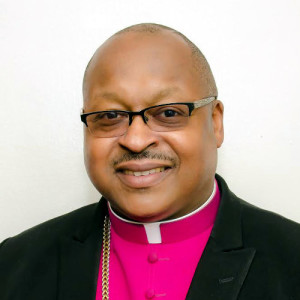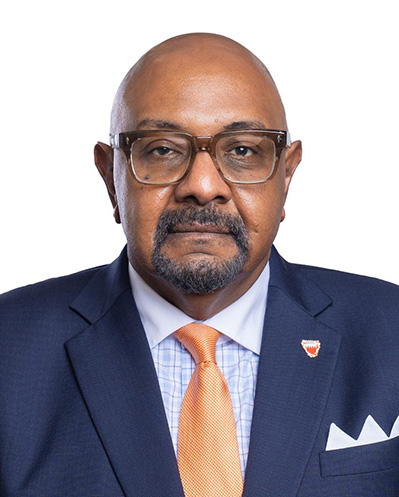Religious Freedom: Toward a Pluralist Understanding

Jaclyn Neo is an associate professor and the director of the Centre for Asian Legal Studies at University at the National University of Singapore. The following post is based on her remarks during the panel “Understanding Religious Freedom: Why Does It Matter?” at the ICLRS 31st Annual International Law and Religion Symposium, 7 October 2024.
Despite the long-established provenance and reach of religious freedom discourse, religious freedom remains an under-fulfilled promise in many contexts and has been under siege in others. Reports by international organizations, government agencies, and nongovernmental organizations point to continuing violations of religious freedom worldwide. As a result, former United Nations Special Rapporteur on freedom of religion or belief Heiner Bielefeldt has called religious freedom a “human right under pressure.”[1]


